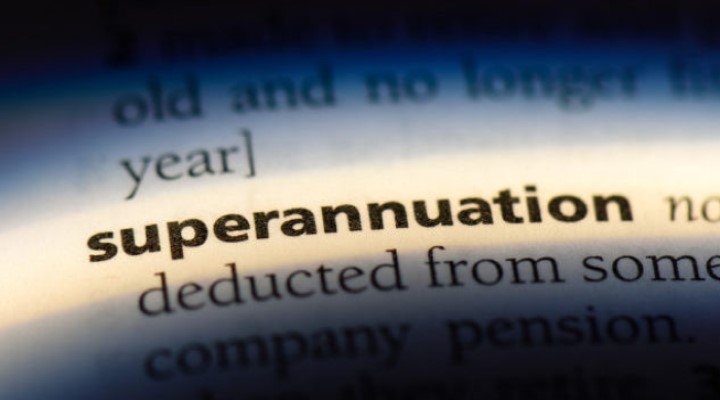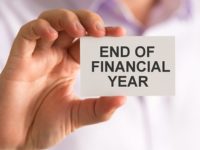Many self-employed people avoid paying themselves superannuation, believing the business will fund their retirement. However, avoiding super delivers not only substantial risks but closes the door on some generous opportunities too.
To build secure financial foundations for your future, it’s important to weigh them all up before deciding to deny yourself these funds.
Risks
- Your business fails: You can’t be certain that your business will survive as long as you. Without super to fall back on, you’ll be left with nothing to show for your efforts should the worst happen.
- Your business sells for less than you hoped: Your business may be worth a lot now, but that may not be the case when you want to retire, or need to due to ill health or some other change in circumstances. Again, without super, you are left exposed.
- Your business fails to sell: Planning to sell your business and being able to do so are very different things. There are a lot of reasons why a business may fail to sell: some you can fix, others not. If you have super, you could semi-retire or appoint a general manager to run things for you until you do find a buyer. Without super, you are stuck working for longer.
- Lost earnings: Under new rules, inactive low-balance super accounts (those with no incoming contributions) must be wound up. While monies from closed funds can be returned, you’ll lose the earnings they could have built had the account stayed open, plus any insurance policies you had tied to them.
Lost opportunities
- Business premises: For some business owners, a self-managed super fund (SMSF) can deliver both business and personal benefits. Your SMSF can purchase the property from which the business operates and set the rent it pays. You own an additional asset from the business and the rent ultimately goes back to you instead of some third party. Meanwhile, the business can enjoy favourable rental terms, such as price reductions when cashflow is tight.
- Lower tax bills: Self-employed Australians are generally able to claim a deduction for their pre-tax super contributions. Plus, super contributions are only taxed at 15 per cent, whereas most incomes are taxed at a much higher rate. That means your taxable income goes down, even though the money is going to yourself via your super.
- Co-contributions: If you are deemed to be a low-income earner (many self-employed people earn less than their employees), you may be eligible for government co-contributions. Not only are you saving for retirement, you’re essentially getting free money added to the kitty.
- Spousal contributions: Depending on your spouse’s income, you could reduce your tax bill by contributing to their super too. Plus, they may then qualify for government co-contributions on top of those payments you make.
- Compounding effect: Not investing in super in your younger days means you don’t benefit from the compounding effect over your working life. And by depositing funds along the way, you can take advantage of price cycles in various assets (buy low, sell high) to generate better overall returns.
- Insurance protections: Life, disability, and income protection insurances provide a safety net over your ability to earn a living. You may not bother with them if they had to come out of the household budget. But with super paying for them, you can protect yourself and your family without feeling the pinch.
Armed with this newfound knowledge, go back and revisit your decision to not pay yourself super. You may just realise that you’ve unwittingly been putting the brakes on your wealth-building efforts!
















